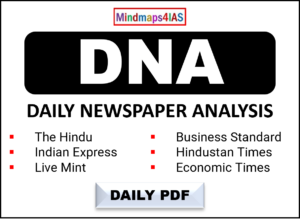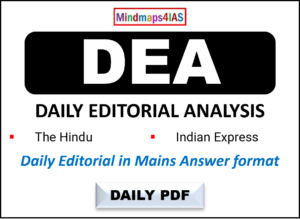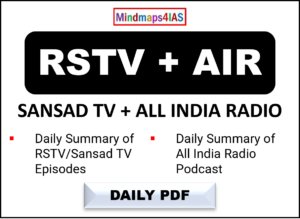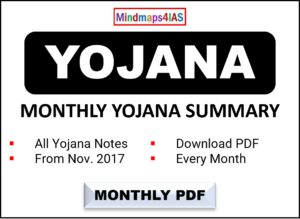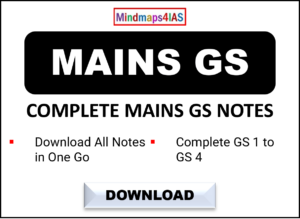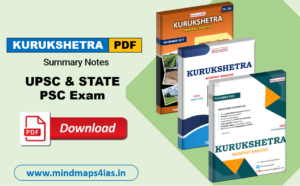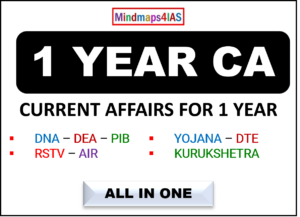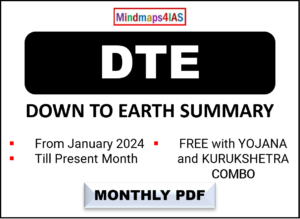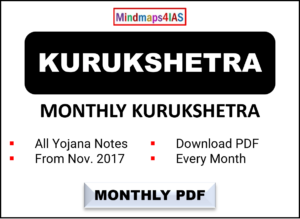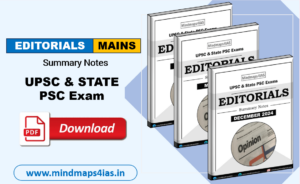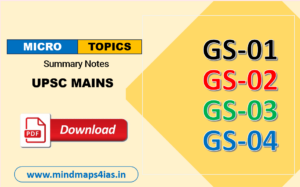Subject: Science & Technology, History
Relevance: This article connects historical achievements in science with current initiatives, which is relevant for UPSC, particularly concerning India’s scientific heritage, innovation, and development.
Why in the News?
-
National Science Day is celebrated on February 28th to commemorate the discovery of the Raman Effect.
-
The 2025 Union Budget has allocated funds to boost research, development, and innovation.
National Science Day
-
Purpose:
-
Celebrated annually on February 28th to mark Indian scientists’ contributions to society.
-
-
Historical Significance:
-
Commemorates the announcement of the discovery of the “Raman Effect” by Chandrasekhara Venkata (CV) Raman on February 28, 1928.
-
CV Raman was awarded the Nobel Prize in 1930 for this discovery.
-
-
Raman Effect:
-
The phenomenon in which a fraction of light scattered by a liquid is of a different color due to a change in the wavelength of light.
-
Contributions of Ancient India to Science
-
Mathematics:
-
The Indian origin of Zero:
-
Brahmagupta (6th-7th Century C.E.) first clearly defined zero and explored its properties.
-
He also invented negative numbers.
-
-
Decimal system of numerals:
-
Discovered by Indians (A. L. Bhasm).
-
Arabs called mathematics “the Indian (art)” (hindisat).
-
-
Position of nine planets:
-
Aryabhata discovered the position of nine planets and mentioned that they revolve around the sun.
-
Made significant contributions to the place value system.
-
-
Cyclic Method to solve algebraic equations:
-
Bhaskaracharya introduced the Chakrawat Method or the Cyclic Method in Siddanta Shiromani.
-
-
-
Physics:
-
Atomic theory of Kanad:
-
Kanad (6th-century scientist of Vaisheshika School) proposed that the material universe is made up of kanas (atoms) which are indivisible and indestructible.
-
-
Earthquake cloud theory:
-
Varahamihira in his book Brhat Samhita related earthquakes to planetary influences, undersea activities, underground water, unusual cloud formation, and abnormal animal behavior.
-
-
-
Medicine:
-
Charak:
-
Described a large number of diseases and methods of identifying their causes and treatments in Charak Samhita.
-
Emphasized the importance of digestion, metabolism, and immunity for health.
-
-
-
Metallurgy:
-
Iron Pillar of Delhi:
-
Evidence of advanced metallurgical knowledge in ancient India, particularly in corrosion resistance.
-
-
Wootz steel:
-
Originated in India; known for high durability and strength due to high carbon content.
-
-
-
Surgery:
-
Sushruta:
-
Referred to as the “Father of Surgery.”
-
Mastery of surgical techniques and human anatomy is reflected in “Sushruta Samhita,” marking him as a pioneering figure in the history of medicine.
-
-
-
Yoga:
-
Yoga Sutras of Patanjali systematically presented the science of Yoga.
-
Developed in ancient India as an allied science of Ayurveda for healing without medicine at the physical and mental levels.
-
Government Initiatives to Promote Science and Technology
-
WISE-KIRAN (Women in Science and Engineering-KIRAN) scheme:
-
Aimed at supporting women at various stages of their scientific careers.
-
Components:
-
Women Scientists Scheme: Supports women scientists who had a career break.
-
WISE Fellowship for PhD (WISE-PhD): Supports doctoral research in basic and applied sciences.
-
WISE-Post Doctoral Fellowship (WISE-PDF): Supports post-doctoral research in basic and applied sciences.
-
WISE-SCOPE: Addresses societal challenges through S&T interventions.
-
WIDUSHI: Supports senior women scientists to continue their scientific careers.
-
-
-
National Quantum Mission:
-
Approved in 2023 with an outlay of Rs. 6003.65 Crores for eight years.
-
Aims to advance research in Quantum Technologies and promote indigenous research.
-
Goals align with the SDGs, particularly in tackling global challenges related to climate (SDG 13), energy (SDG 7), and healthcare (SDG 3).
-
Budget Allocation
-
The Union Budget of 2025 has allocated Rs. 2,000 crores to the Department of Science and Technology to boost research, development, and innovation in India.
Theme for National Science Day 2025
-
‘Empowering Indian Youth for Global Leadership in Science and Innovation for Viksit Bharat’.
International Year of Quantum Science and Technology (IYQ)
-
The United Nations has declared 2025 as the International Year of Quantum Science and Technology (IYQ) to raise public awareness of the importance and impact of quantum science

